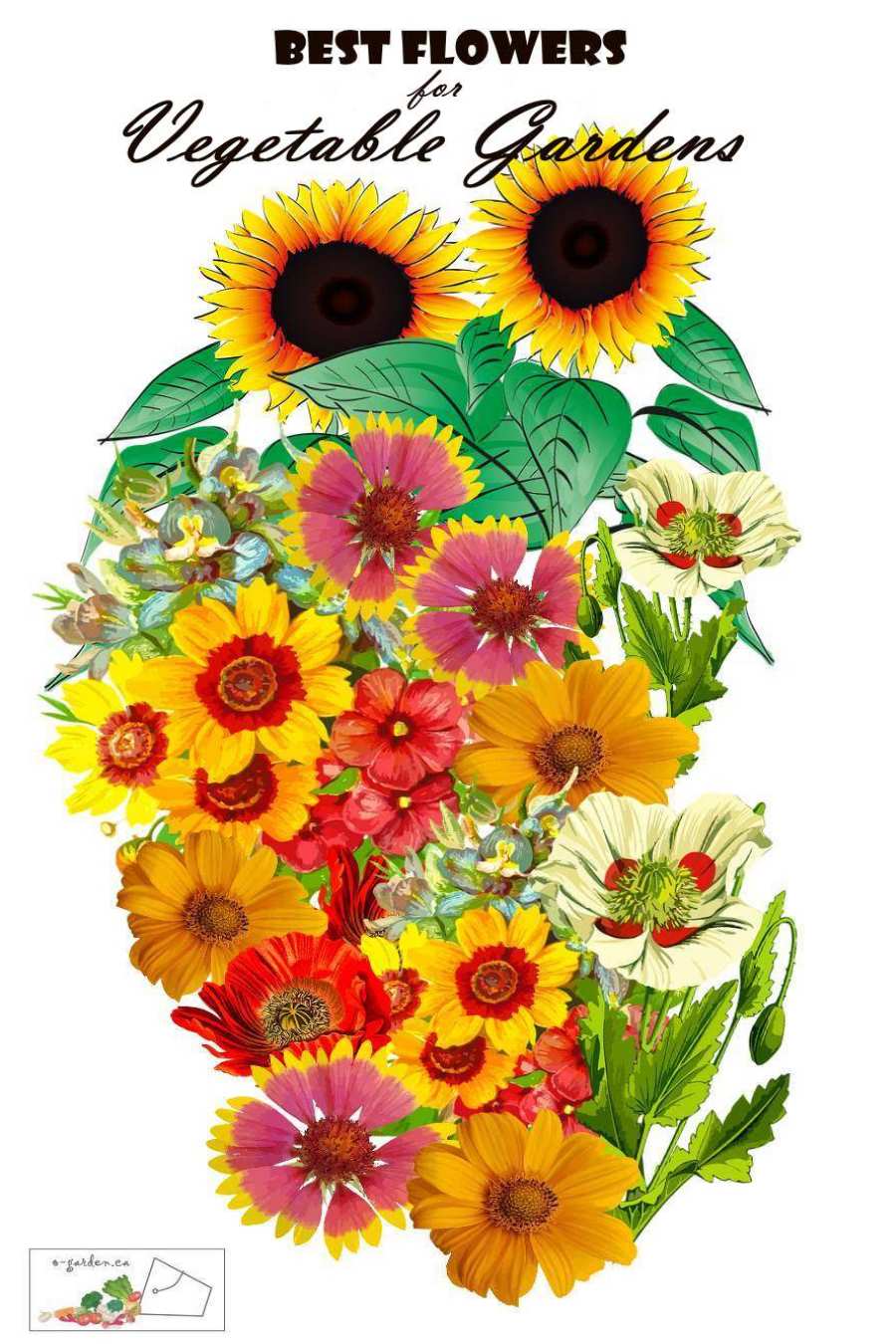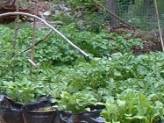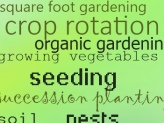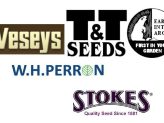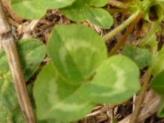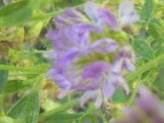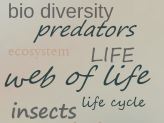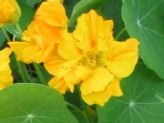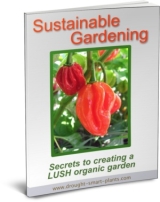Best Flowers for a Vegetable Garden
Attract pollinators, add beauty and repel pests
Flowers in a vegetable garden? What's that all about? For centuries, flowers have been an important part of any self respecting vegetable garden, and for an organic one, doubly so.
Historically, many potager gardens in Europe combined beautiful flowers and gorgeous vegetables to create a lovely tapestry of color and texture.
Flowers play an important role in attracting pollinating insects.
If you like tomatoes and many other insect pollinated crops, you'll want to attract them.
The pollen and nectar provides food while they're waiting for your crops to flower, so they'll be right on scene to do their crucial work; pollinating them.
Some flowers are edible, so growing some nasturtiums and borage can not only provide color, attract pollinators and be beautiful, but you can eat them too.

Even the seeds of Nasturtiums are edible - as a substitute for capers, with their tangy pickled taste they are a condiment of choice for many.
The leaves are unmistakable - who among us that was ever a child doesn't remember the fairy umbrella shape, and the little perky hat of the flowers?

As if beauty, pollinator attracting and as an addition to our meals weren't enough reasons to grow flowers in a vegetable garden, they also can be a pest repellent.
Marigolds, also known as Tagetes, are renowned for their ability to repel nematodes, one of the most debilitating pests for many crops. These bright orange and yellow flowers happily reseed, somehow always picking the exact right spot. If they're not wanted, they're easy to pull out.
They can also be used as a green manure cover crop , when they are required to repel nematodes from a particular area.
If you have issues with these pests in your garden, a package of marigold seeds are well worth the price.
Other annual flowering plants that do well in a vegetable garden are cosmos and zinnias, adding their bright blooms as a foil to your healthy green vegetables.
Calendula are easy to grow, and also have many medicinal properties as well as attracting beneficial insects.
Other commonly grown flowers are bachelor buttons (pollinator attractant), many herbs such as Oreganum, Lavandula, Mentha, Monarda (bee balm) and other perennials.
These are best planted where they can be left indefinitely so as not to disturb them, such as at the end of the row or bed.
To find out more about my secret method of insulated worm farming, sign up for the Composting E-Course (your free bonus when you subscribe to Out in the O-Garden Newsletter).
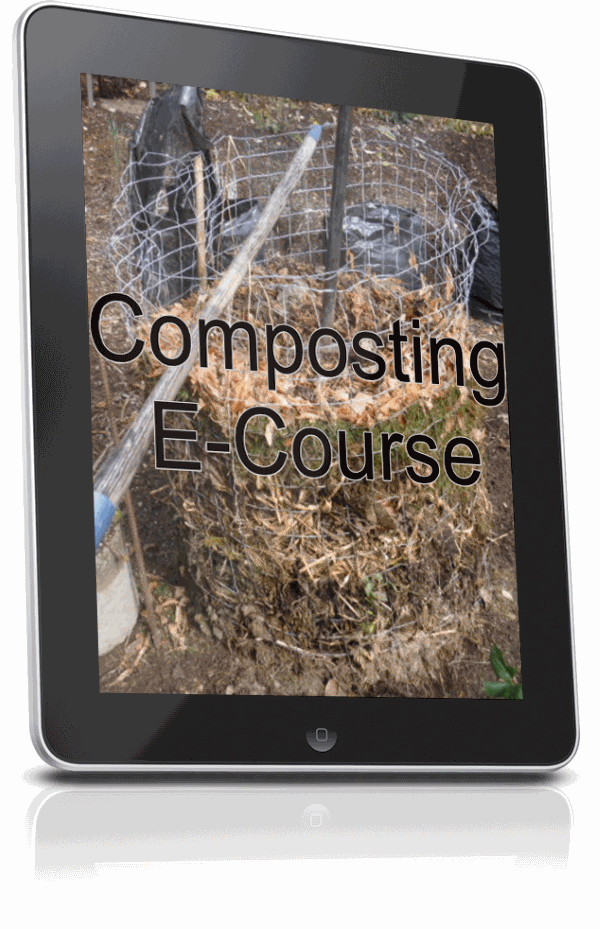 Composting E-Course - sign up here
Composting E-Course - sign up here
Get the free Composting E-Course delivered right to your inbox and learn tips and tricks to get your compost to work the first time.
Get started now; fill out the form;
